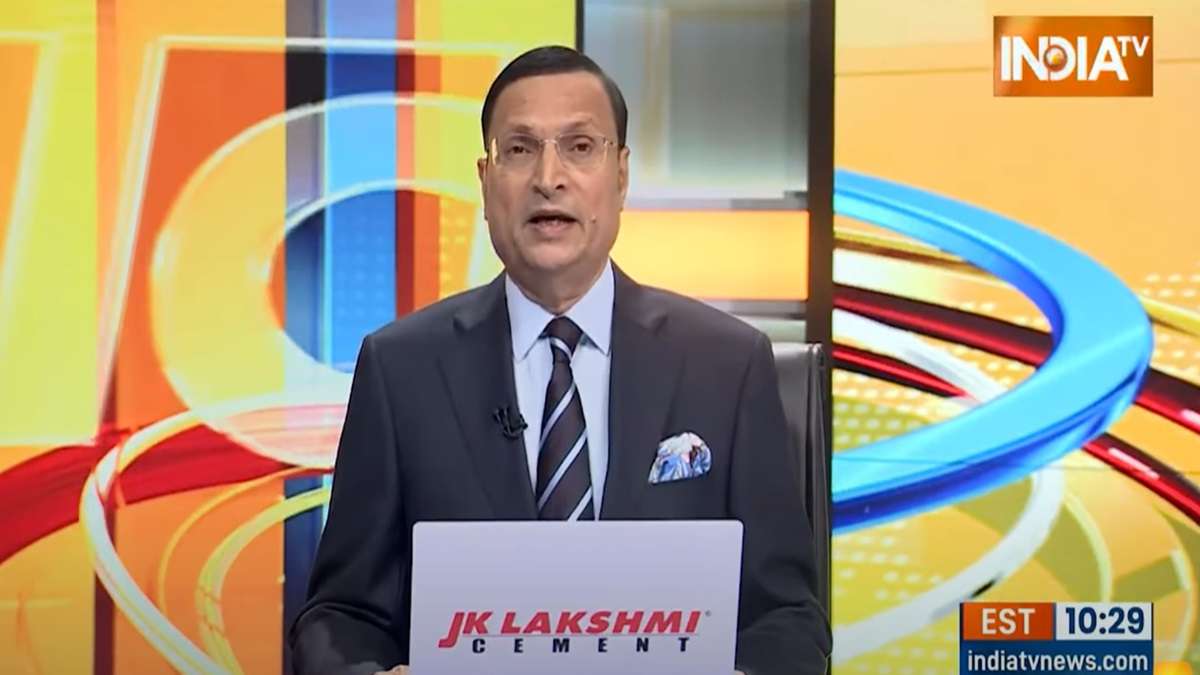 |
|
The article presents a multifaceted overview of current events in India, focusing primarily on political controversies, judicial accountability, and freedom of speech issues. The first segment revolves around a statement made by Karnataka Deputy Chief Minister D K Shivakumar regarding potential changes to the Constitution to accommodate reservation for Muslims. This statement ignited a political firestorm, with the ruling BJP demanding clarification and accusing the Congress party of echoing the Muslim League's pre-independence demands that led to the Partition of India. Parliamentary Affairs Minister Kiren Rijiju framed the issue as a fundamental challenge to the secular principles enshrined in the Constitution, arguing that reservation based on religion is inherently divisive and contradicts the vision of Dr. B.R. Ambedkar and Sardar Patel. The Leader of Opposition, Mallikarjun Kharge, vehemently denied that any Congress leader had advocated for altering the Constitution. Shivakumar himself later retracted his statement, claiming to have been misquoted and asserting that his remarks pertained to general changes following judicial judgments, not a specific alteration of the Constitution for Muslim reservation. However, the article emphasizes that Shivakumar's initial statement, captured verbatim, explicitly mentioned the possibility of constitutional changes related to the 4% reservation for Muslims in contracts, leaving little room for doubt about his original intent. The author suggests that Shivakumar either misspoke or later realized the gravity of his statement, highlighting the significant political ramifications of even perceived attempts to alter the Constitution along religious lines. This incident underscores the sensitivity surrounding issues of religious representation and the ongoing debates about the interpretation and application of constitutional principles in a diverse and complex society like India. The political fallout from Shivakumar's statement demonstrates how easily such remarks can be weaponized and used to fuel partisan divisions, particularly in the context of ongoing electoral contests and debates about national identity.
The second major theme of the article centers on the controversy surrounding Justice Yashwant Varma and the discovery of burnt currency notes at his official residence. This incident has raised serious questions about judicial accountability and transparency. A three-member probe panel, formed by the Chief Justice of India, conducted an on-the-spot investigation, highlighting the severity of the allegations. The Supreme Court collegium's recommendation to transfer Justice Varma to Allahabad High Court further fueled the controversy, triggering protests from the HC Bar Association, which perceived the transfer as a form of implicit condemnation. Chairman of Rajya Sabha, Jagdeep Dhankhar, advocated for a cautious approach, suggesting that a wait for the probe panel's report would be prudent, and emphasizing the importance of safeguarding the judiciary's reputation. However, he also pointed out that past attempts to establish judicial accountability, such as the National Judicial Accountability Commission law, were struck down by the Supreme Court, indicating the challenges inherent in implementing effective mechanisms for oversight without compromising judicial independence. The article raises critical questions about the handling of the investigation, particularly the apparent disappearance of the half-burnt currency notes and the failure to seal the site as a crime scene. It questions why the Delhi Police were not involved in the initial investigation, given their expertise in such matters. The article acknowledges that the Supreme Court collegium has been transparent in its handling of the matter, uploading documents and videos related to the case on its website. However, it questions the rationale behind Justice Varma's transfer and the lack of suspension, even with prima facie evidence available. The article concludes that the Indian judiciary lacks a robust system for preventing corruption, conducting investigations, and imposing punishment on judges found guilty of misconduct. It calls for a comprehensive reform to address this deficiency and ensure greater accountability within the judicial system. This segment underscores the importance of maintaining public trust in the judiciary and the need for effective mechanisms to address allegations of corruption and misconduct.
The final segment of the article addresses the controversy surrounding stand-up comedian Kunal Kamra's remarks against Maharashtra Deputy Chief Minister Eknath Shinde. Kamra has been summoned by the Mumbai Police for his "gaddar" (traitor) remark. Simultaneously, Kamra's studio has been partially demolished by the BMC for alleged illegal construction, raising concerns about freedom of speech and potential abuse of power. The article notes the hypocrisy of the situation, pointing out that both Uddhav Thackeray and Sanjay Raut have used similar or even harsher language against Eknath Shinde. The article questions the justification for Shiv Sena (Shinde faction) supporters taking the law into their own hands and vandalizing Kamra's studio, arguing that such actions undermine the rule of law. The author asserts that if Kamra has indeed misused his freedom of expression, the appropriate course of action is to pursue legal remedies through the courts, rather than resorting to extrajudicial measures. The article advocates for allowing the courts to decide on the merit of the case, warning against the potential for anarchy if those in power break the law. This segment touches on the delicate balance between freedom of speech and the potential for hate speech or defamation, and highlights the importance of upholding the rule of law even in emotionally charged political situations. The article concludes by emphasizing the importance of leaving the matter to the courts to decide the comedian's remarks. It also touches on the importance of not letting those who are supposed to run the government break the laws because if they do then anarchy will prevail. Furthermore, the article mentions India's Number One and most followed Super Prime Time News Show 'Aaj Ki Baat- Rajat Sharma Ke Saath' which was launched just before the 2014 General Elections. Overall, the article provides a snapshot of several significant current events in India, raising important questions about constitutional interpretation, judicial accountability, and freedom of speech, all within the context of a highly polarized political landscape.
Source: OPINION | Will Congress bring 'Acche Din' for Muslims by changing Constitution?
